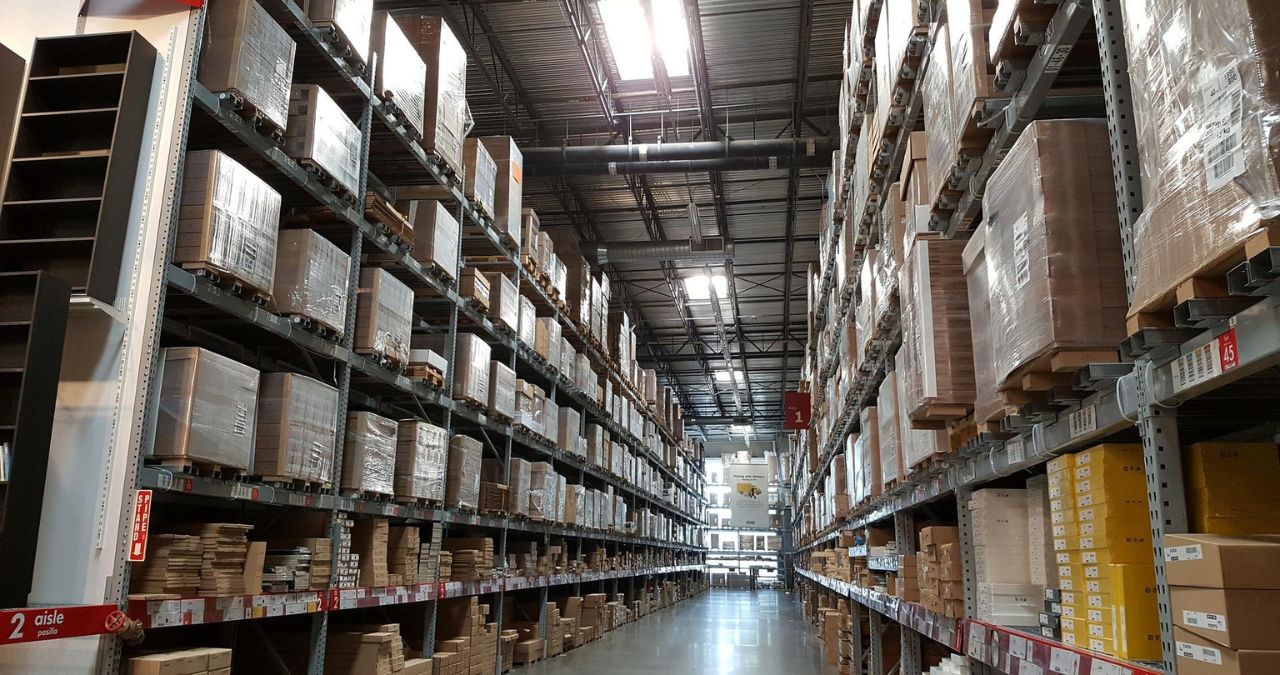
In order to achieve supply chain success, robust inbound and outbound logistics processes are vital. These outbound and inbound processes not only have a direct impact on production, but they also impact the level of customer service you provide. In turn, this has an effect on the profits you’ll bring in. When it comes to getting supply chain management and logistics right, there are a lot of challenges to navigate. Failing to perfect these processes can end up costing your business tremendously. That said, however, putting the appropriate controls into place can help your business achieve success.
Inbound and Outbound Warehouse Processes
Logistics Defined
The term logistics refers to the act of planning, introducing, assessing, improving, and managing the input and output of goods, and services, as well as any other pertinent information that relates to the location of origin to the point of consumption with the specific goal of meeting customer needs. In short, logistics refers to the processes that are involved with getting the right goods to the right clients at the right time.
Logistics involves two main components: outbound and inbound. Outbound logistics involves transporting finished goods to consumers, and inbound logistics involves getting the raw materials from suppliers that consumers require.
The Importance of Outbound and Inbound Logistics
In order to achieve success, businesses that deliver products to customers need a well-designed, executed, and maintained logistics operation.
Outbound logistics is important because it directly impacts a company’s ability to meet customer needs. If the products that you offer aren’t available when your customers need them, customer satisfaction will drop, and you lose business.
Inbound logistics is just as important as outbound logistics as it impacts the price of products. The more efficient your inbound logistics processes are, the more cost-effective they will be, and in turn, the lower the operational costs will be.
Given the important role that both outbound and inbound logistics play, assessing, measuring, improving, and optimizing both areas will enhance your company’s bottom line.
Inbound Logistics Defined
Inbound logistics involves receiving and sorting incoming products that are then distributed to customers. Inbound logistics involves the following processes:
- Buying raw materials, supplies, or finished products
- Receiving goods when they arrive
- Sorting and organizing items
- Exchanges and returns received from customers
Outbound Logistics Defined
Outbound logistics refers to the process of getting goods out of your distribution center, warehouse, or facility. The goods you send out will typically be finished good. Outbound logistics processes can involve a wide range of order fulfillment actions, such as removing items from stock shelves, moving items to loading docks, preparing items for shipping, and finally, handing the items to delivery drivers or putting them on a truck.
Put simply, outbound logistics can be referred to as preparing the goods you carry for shipment. It can entail the following processes:
- Utilizing an order processing system
- Picking and packaging products
- Shipping items out for delivery
Nebraska Warehouse One-Stop-Shop | Technology Enabled 3PL Value-Added Services Warehouse | Freight Broker | Logistics
Nebraska Warehouse doesn’t just help to facilitate your shipments, but we are truly a one-stop-shop solutions provider. Our services include:
-
- Professional Storage Development and Management
- Quality controlled Environment
- Responsive, Personal Customer Service
- Reasonable Price
- Real Estate Development and Management
- LTL & FTL Shipping
- Refrigerated Trucking & Storage
- E-Technology Software
- Transportation Freight
- Dedicated Contract Warehousing
- 3PL Public Warehousing
- 3PL Specifications
